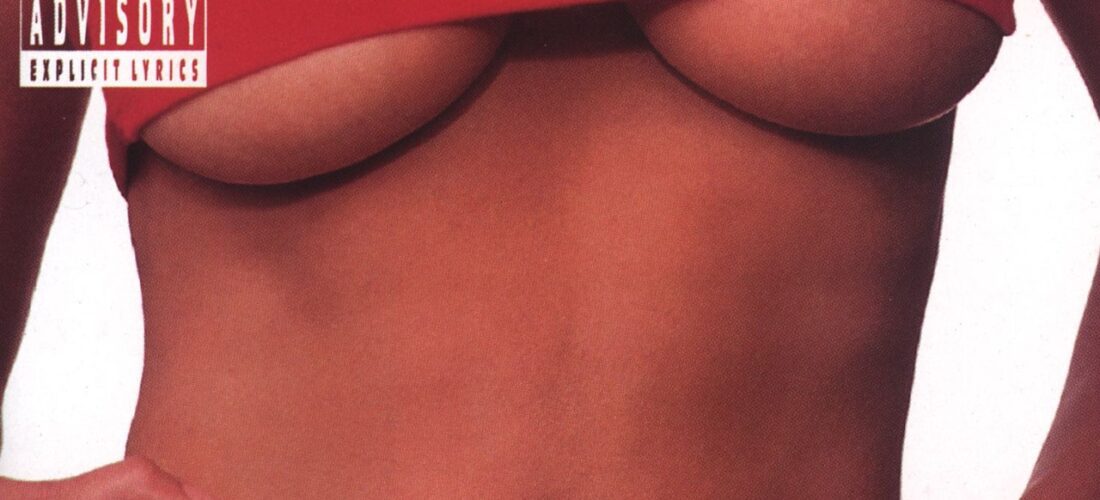Before TikTok, before Guitar Hero placements, before iPod ads, and before The O.C., the hopes and dreams of fledgling alt-rock acts lay in the hands of two teenage chuckleheads in Highland, Texas. Debuting in 1993, Beavis and Butt-Head was nominally a crude animated comedy about a pair of horny, headbanging ne’er-do-wells. But in those segments when its titular characters channel-surfed through the station’s latest Buzz Bin offerings, it became America’s most influential outpost of armchair music criticism, capable of turbocharging a band’s Soundscan numbers with a simple “this rules.” And as MTV’s highest-rated show in the mid-’90s, Beavis and Butt-Head also had enough clout to thrust strange, obscure groups into the national spotlight even when they thought they sucked.
“What the hell is this crap?” Butt-Head exclaimed when confronted with Ween’s 1992 single “Push Th’ Little Daisies.” Even in the midst of a ’90s alt-rock boom that encouraged the masses to turn and face the strange, the song was odd, sounding like a nursery rhyme performed by a Casiotone-toting hotel-lounge act fronted by a six-year-old. But perhaps Beavis and Butt-Head’s allergic reaction to the song had as much to do with the fact that, in Ween, they saw an older, funhouse-mirror version of themselves. “Push Th’ Little Daisies” wasn’t just an annoying earworm, but a cautionary tale of what happens when two music- and sex-obsessed young men spend a little too much time on the couch doing mushrooms, cracking themselves up with dirty jokes in their own made-up vernacular.
As big fans of Beavis and Butt-Head, Ween’s Aaron Freeman and Mickey Melchiondo (a.k.a. Gene Ween and Dean Ween) took the critique in stride—after all, “What the hell is this crap?” is a question these childhood friends were used to hearing ever since they forged their home-recording society in New Hope, Pennsylvania, circa 1984. It’s a question that no doubt consumed the unruly crowd at Trenton’s City Gardens in 1991, when the duo performed an infamous opening slot for Fugazi while high on ’shrooms as patrons flung chewing gum in their hair, and it’s likely what prompted a skinhead to punch Melchiondo in the face after a show in Minneapolis in ’89. In fact, “What the hell is this crap?” is precisely the reaction the duo sought to elicit with each and every song they produced, where they variously conjured ’60s-pop sweetness,’70s hard-rock hysterics, and ’80s-funk sleaze using the rudiments of hardcore, pawn-shop electro, and dollar-bin reggae. And as if their music wasn’t confounding enough, the duo also pledged allegiance to an imaginary demon god known as The Boognish, which was like their DIY-doodle version of Iron Maiden’s Eddie.
